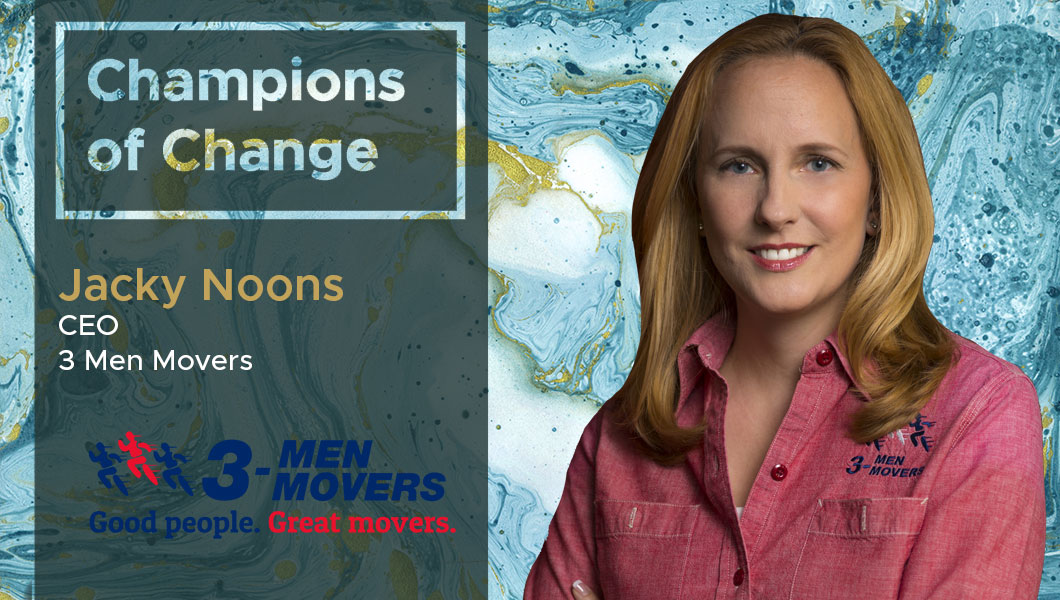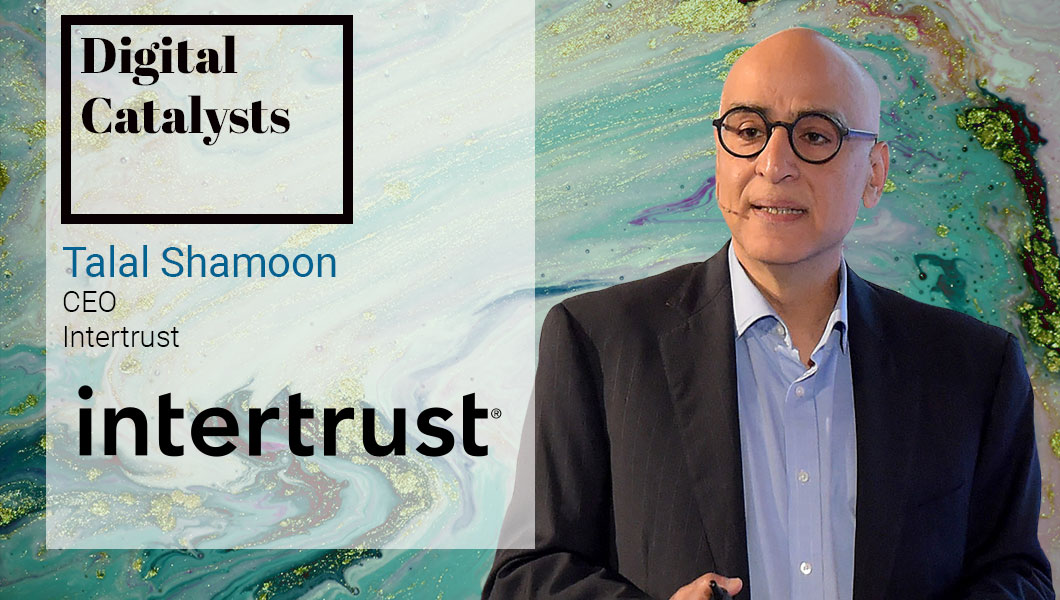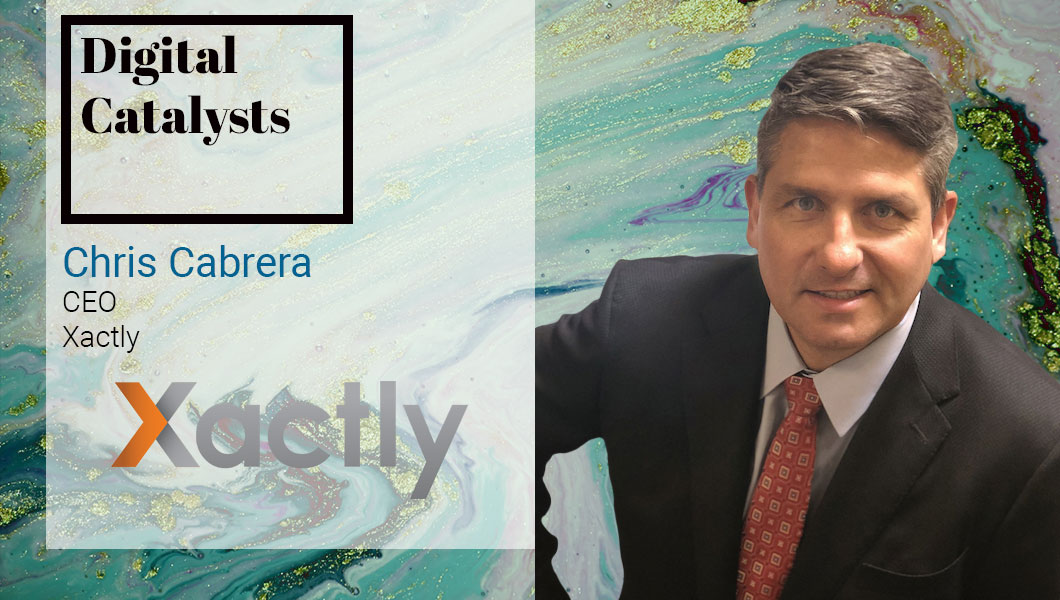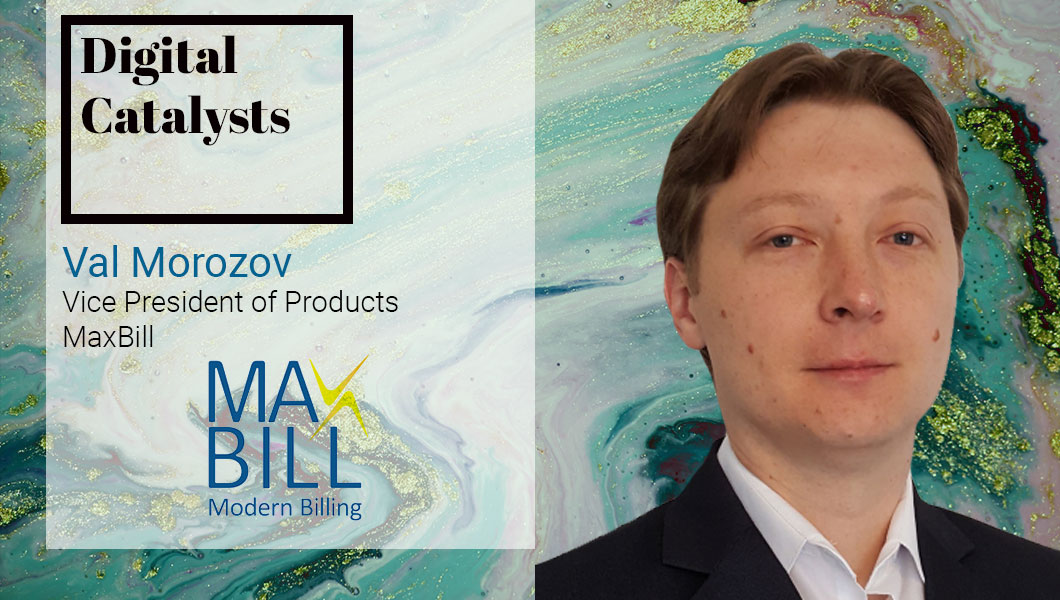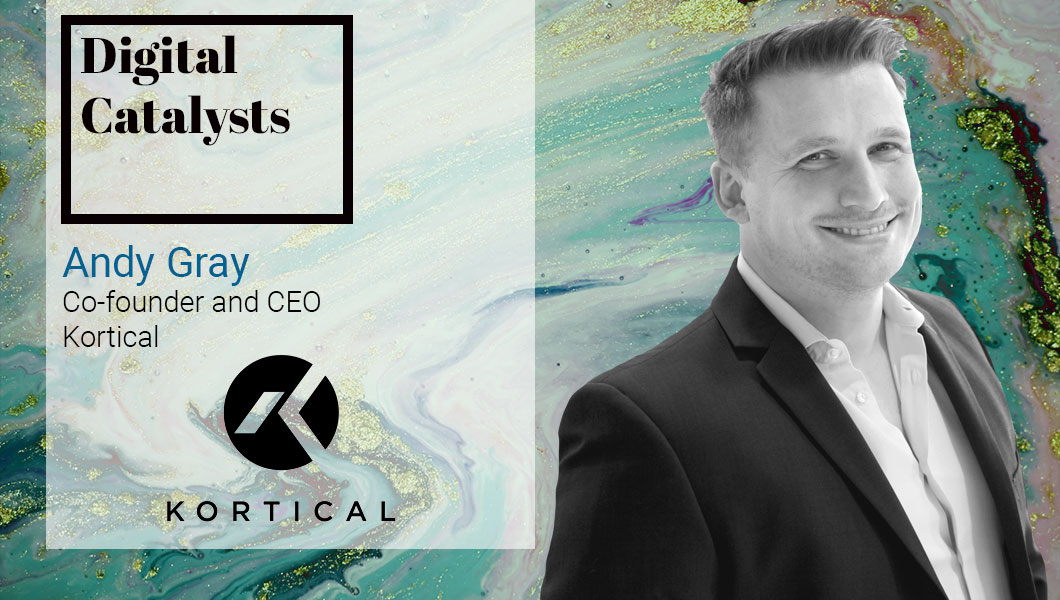Interview with Christopher Logan, Director at Cognizant
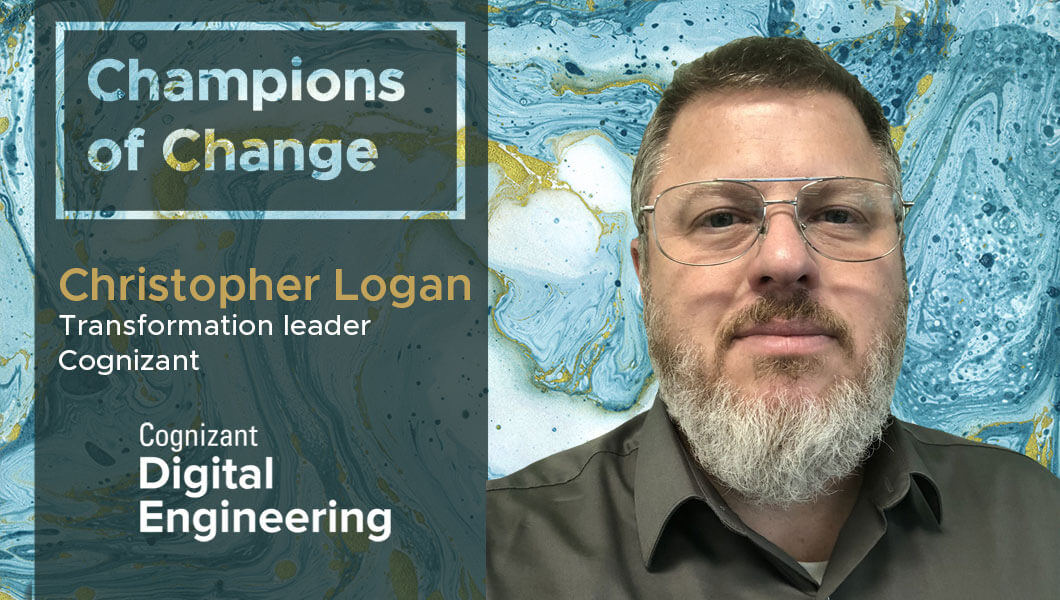
In this interview, Christopher Logan, Director at Cognizant discusses the essentials for the success of a digital transformation project and shares his learnings while working with a large insurance client
Thank you so much for taking our questions! Tell us a little about your business and your specific role?
I am the engineering Director of Cognizant’s Digital Labs business. I’m required to wear a lot of hats in this role. One of the most important is defining how we identify, assess and enable talent for our teams from within and outside of Cognizant. It really comes down to determining what are the key attributes of a good engineer vs. what they can learn on the job.
When did you first realize that you had an issue that needed a digital solution?
I was introduced to the need for digital transformation back in 2014 when working with a large insurance client.
What was the nature of the problem you set out to solve?
This client saw new business opportunities but couldn’t build new systems quickly enough to go after it. Their development processes were inefficient and their software architectures introduced complexity that made fast releases very difficult.
What were the challenges you faced at the time as you began the process of evaluating solutions?
The biggest challenges are almost always about people and how they work together. As outsiders, we could help our client stakeholders break down organizational boundaries to get people across multiple groups working together as a single team. The other big challenge was convincing the team to execute lean and learn to iterate. So many projects start with lots of planning to give stakeholders a comfort level with time and cost. History tells us that rarely works out.
What did the final solution look like and what were the broad benefits that it delivered?
The final solution was a set of cloud-native microservices running on an on-premise PaaS platform. Operational reliability and efficiency were vastly improved over their traditional approach and the business was able to pivot quickly to provide new features to customers.
What were some of the key elements that were responsible for the project’s success?
This project demonstrated 3 key elements that really contributed to its success. Firstly, there was a well-articulated business problem to solve. Many projects start with pure technology goals and they aren’t anchored in measureably business impact. Secondly, the executive stakeholder fully supported the organizational barriers that needed to be removed. Without this, we would have blocked many times when other teams were not aligned to the same outcome. Lastly, our lean approach really enabled us to build on small accomplishments that led to bigger ones.
What processes have you found useful for implementing digital technologies?
I’m a big proponent of event storming which was pioneered by Alberto Brandolini. I’ve successfully used event storming with several clients lately. I believe that it is the best method for collaboratively discovering the problem domain and translating it into a solution.
What was your biggest takeaway from this project?
Stay focused on adding business value. Don’t get caught up in vanity metrics or self-serving ways of measuring success. Demonstrate progress as often as you can.
What’s next for you on your digital roadmap?
I spent the past few years focusing on the technical aspects of digital transformation. The pace of change really forces you to constantly experiment with the latest product and open source projects. I’ve been spending more time lately thinking and reading about how to build and grow agile teams.
Although technology enables these incredible leaps in business and productivity, it’s people who bring it together and interpret the business need into a solution.
Digital transformation cannot be successful without people who are adaptable problem solvers who enjoy working in a team.
What’s your go to resource – websites, newsletters, any other – that you use to stay in touch with the explosive changes happening in the digital space?
I’ve long been accused of being a free associator. When I come across an interesting idea in an article, podcast or book, I go directly to Google and let it take me in whatever direction it leads. Springer has great research material that goes beyond mere opinion because it is often the results of experimentation.
Read a good book lately on digital transformation that you’d like to recommend to us?
I find that some of the best books on digital transformation are not actually about digital transformation. They address the edges of the topic but reveal incredible truths about it almost unintentionally. Academia has produced some very interesting literature on the topic. Research on the Big Five Teamwork model provides some very interesting insights into how teams function well. Also, Veerla and Subrahmanyam from the Blekinge Institute of Technology in Sweden submitted a thesis on Agile team behaviors related to the culture of the team members.


 By
By 